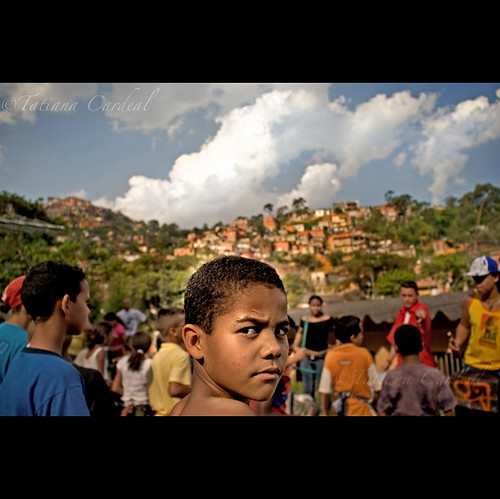
Copyright © Tatiana Cardeal. All rights reserved.
Reprodução proibida. © Todos os direitos reservados.
Walking at Fuli Ancient town alleys, I heard a music coming from an open door.
It was a small shop at a home, selling lighters, soap, cigarettes, candies... little things of everyday life of the village.
I though it was a radio playing an old Chinese song. Curious, slowly, put my head inside. I discovered that the beautiful song was coming from the her, the owner.
No spoken words, but a body language talk, the lady allowed to shot her portraits while I was fascinated with the magic sound of her handmade erhu, the scenery, it's particular smell, and well... her Chicago Bulls, Michael Jordan's 23 t-shirt.
Relaxed, concentrated on the music, almost ignoring my presence, she didn't stop a second.
It was impossible not start wondering about how the fast Chinese development will affect these people, the town, their culture.
The Erhu
The story tells that during the decades of 30 and 40 of the last century, at the Chinese city of Wuxi, a blind street musician was always seen playing an instrument with two strings and begging on the streets. Passers-by delighted with those tunes, stopped to listen.
The artist began to be known as "the Blind ABing". The instrument he played was the famous Erhu, also known as Chinese violin. Even today, whenever people talk about the erhu, they also speak of the Blind Abing, the two are inseparable in the minds of many Chinese.


Copyright © Tatiana Cardeal. All rights reserved.
Reprodução proibida. © Todos os direitos reservados.
Fuli is a Ming Dynasty town built on the Li River's northern banks.
The village has a history of 800 years, narrow, winding cobblestone streets and ancient temples.
> Alley at Fuli Ancient Town, Guangxi Zhuang Autonomous Region, China.



